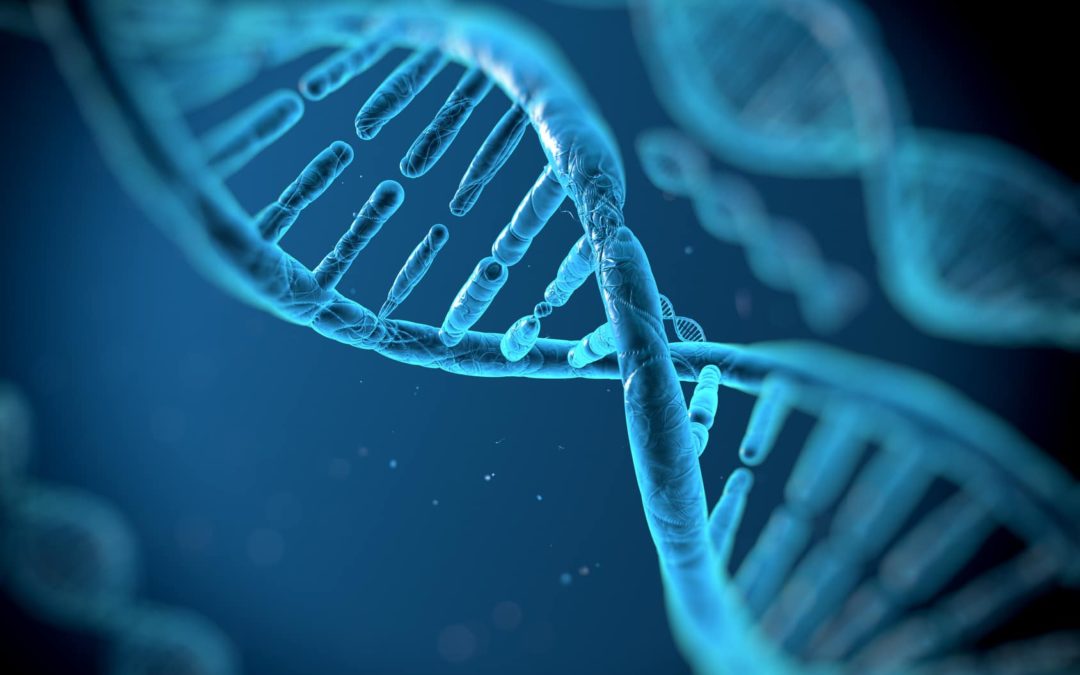The offspring of individuals who have severe arthritis that leads to the complete replacement of a knee have more than double the chance of experiencing knee discomfort as those without parental knee issues, says research released late last year.
The research, conducted by an Australian team, reveals that genetics are an essential contributing factor to osteoarthritis (OA).
Why the knee pain authors studied parents & children
Scientists have long believed that susceptibility to OA was hereditary, but no one had been able to successfully isolate problematic genes.
University of Tasmania Prof. Dr. Graeme Jones, who directed the generational analysis, postulated that rather than looking at the genes themselves, he could look at how certain genetics result in osteoarthritis. “The best way of doing this was to study the adult children of people who have had knee replacements for osteoarthritis,” he explained to Reuters.
Between 25 and 33% of Americans experience aching in their knees for a prolonged period–seven days or more–by the time they reach their mid-40s, according to the researchers’ overview in the Annals of the Rheumatic Diseases.
Evidence of knee pain takes ten years to appear
The scientists selected 372 subjects to self-report pain symptoms and receive diagnostic testing at a medical center in the city of Hobart. Exactly half of them had a mother or father with a knee that was artificially resurfaced as an extreme pain relief measure, while the other half were a control group with no family history of osteoarthritis.
At the outset of the research, everyone taking part self-reported any joint problems during the previous 12 months. They also underwent X-rays and magnetic resonance imaging. The exact same process took place two years and ten years after the study commenced.
The participants who were descended from artificial knee patients were likelier to be overweight and to use cigarettes. However, Reuters reports, “there were no differences between the groups as far as visible damage to the knee joints at the beginning of the study.”
When the two populations were checked at the two-year mark, there was no significant difference in osteoarthritis symptoms between the two sets of patients. When the final assessment occurred at the ten-year point, though, the role of genetics was more apparent: 74% of the replacement offspring had developed chronic knee conditions, while only 54% of the control group had.
The really striking statistic was intensification of the degree of pain: those with knee pain in their family history were 2.2 times likelier to experience greater suffering between years two and ten than were the control participants.
Long-lasting pain relief
This Australian research helps us better understand the genetics of osteoarthritis. Nonetheless, regardless your family history, knee replacement surgery is often unnecessary. Explore our noninvasive and minimally-invasive treatments in a free consultation.

